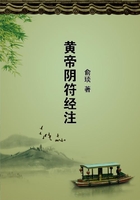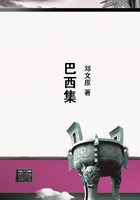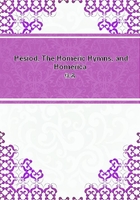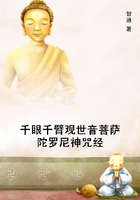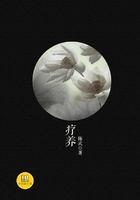PERHAPS the best proof that Adonis was a deity of vegetation, and especially of the corn, is furnished by the gardens of Adonis, as they were called. These were baskets or pots filled with earth, in which wheat, barley, lettuces, fennel, and various kinds of flowers were sown and tended for eight days, chiefly or exclusively by women. Fostered by the sun's heat, the plants shot up rapidly, but having no root they withered as rapidly away, and at the end of eight days were carried out with the images of the dead Adonis, and flung with them into the sea or into springs.
These gardens of Adonis are most naturally interpreted as representatives of Adonis or manifestations of his power; they represented him, true to his original nature, in vegetable form, while the images of him, with which they were carried out and cast into the water, portrayed him in his later human shape. All these Adonis ceremonies, if I am right, were originally intended as charms to promote the growth or revival of vegetation; and the principle by which they were supposed to produce this effect was homoeopathic or imitative magic. For ignorant people suppose that by mimicking the effect which they desire to produce they actually help to produce it; thus by sprinkling water they make rain, by lighting a fire they make sunshine, and so on. Similarly, by mimicking the growth of crops they hope to ensure a good harvest. The rapid growth of the wheat and barley in the gardens of Adonis was intended to make the corn shoot up; and the throwing of the gardens and of the images into the water was a charm to secure a due supply of fertilising rain. The same, I take it, was the object of throwing the effigies of Death and the Carnival into water in the corresponding ceremonies of modern Europe. Certainly the custom of drenching with water a leaf-clad person, who undoubtedly personifies vegetation, is still resorted to in Europe for the express purpose of producing rain. Similarly the custom of throwing water on the last corn cut at harvest, or on the person who brings it home (a custom observed in Germany and France, and till lately in England and Scotland), is in some places practised with the avowed intent to procure rain for the next year's crops. Thus in Wallachia and amongst the Roumanians in Transylvania, when a girl is bringing home a crown made of the last ears of corn cut at harvest, all who meet her hasten to throw water on her, and two farm-servants are placed at the door for the purpose; for they believe that if this were not done, the crops next year would perish from drought. At the spring ploughing in Prussia, when the ploughmen and sowers returned in the evening from their work in the fields, the farmer's wife and the servants used to splash water over them. The ploughmen and sowers retorted by seizing every one, throwing them into the pond, and ducking them under the water. The farmer's wife might claim exemption on payment of a forfeit, but every one else had to be ducked. By observing this custom they hoped to ensure a due supply of rain for the seed.
The opinion that the gardens of Adonis are essentially charms to promote the growth of vegetation, especially of the crops, and that they belong to the same class of customs as those spring and mid-summer folk-customs of modern Europe which I have described else-where, does not rest for its evidence merely on the intrinsic probability of the case. Fortunately we are able to show that gardens of Adonis (if we may use the expression in a general sense) are still planted, first, by a primitive race at their sowing season, and, second, by European peasants at midsummer. Amongst the Oraons and Mundas of Bengal, when the time comes for planting out the rice which has been grown in seed-beds, a party of young people of both sexes go to the forest and cut a young Karma-tree, or the branch of one. Bearing it in triumph they return dancing, singing, and beating drums, and plant it in the middle of the village dancing-ground. A sacrifice is offered to the tree; and next morning the youth of both sexes, linked arm-in-arm, dance in a great circle round the Karma-tree, which is decked with strips of coloured cloth and sham bracelets and necklets of plaited straw. As a preparation for the festival, the daughters of the headman of the village cultivate blades of barley in a peculiar way. The seed is sown in moist, sandy soil, mixed with turmeric, and the blades sprout and unfold of a pale-yellow or primrose colour. On the day of the festival the girls take up these blades and carry them in baskets to the dancing-ground, where, prostrating themselves reverentially, they place some of the plants before the Karma-tree. Finally, the Karma-tree is taken away and thrown into a stream or tank. The meaning of planting these barley blades and then presenting them to the Karma-tree is hardly open to question.

